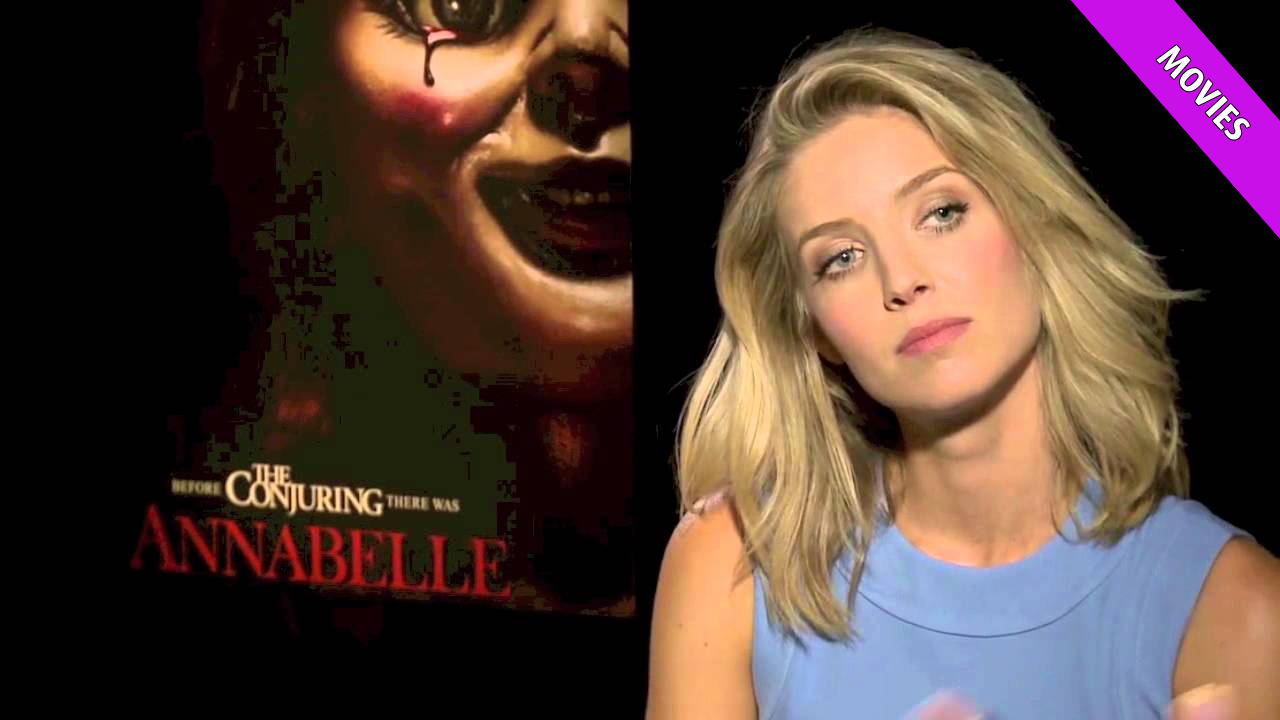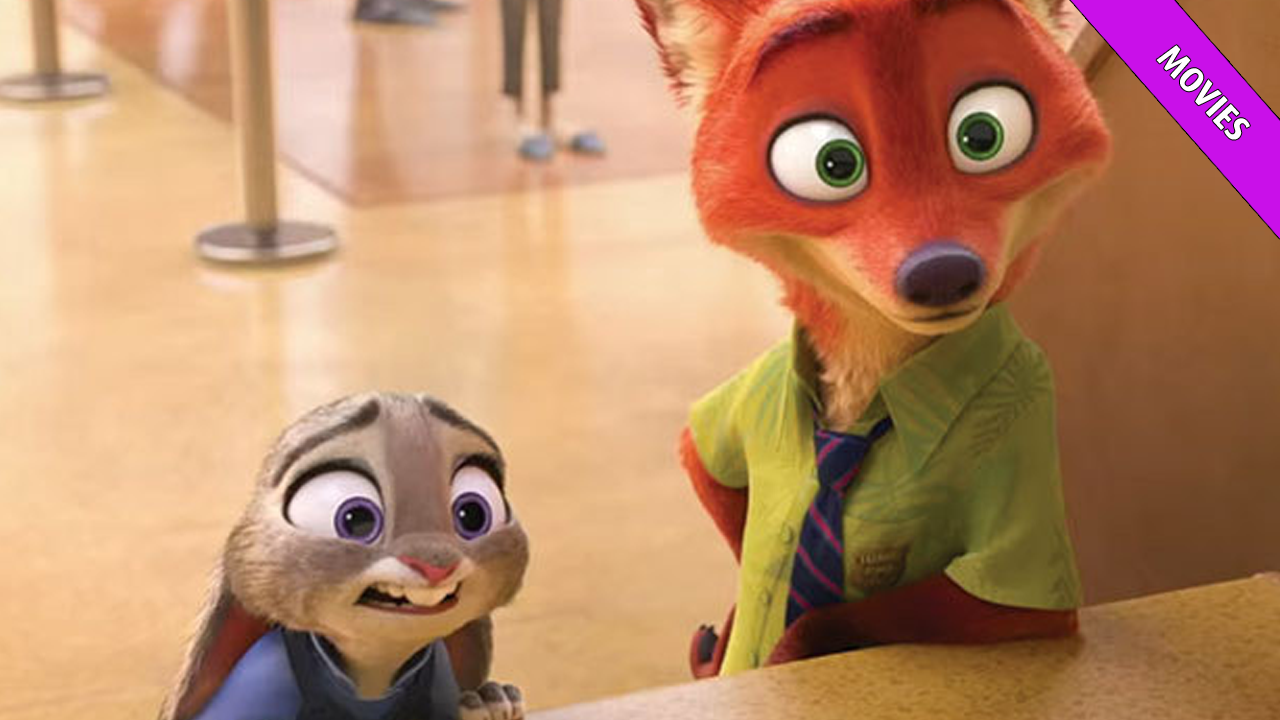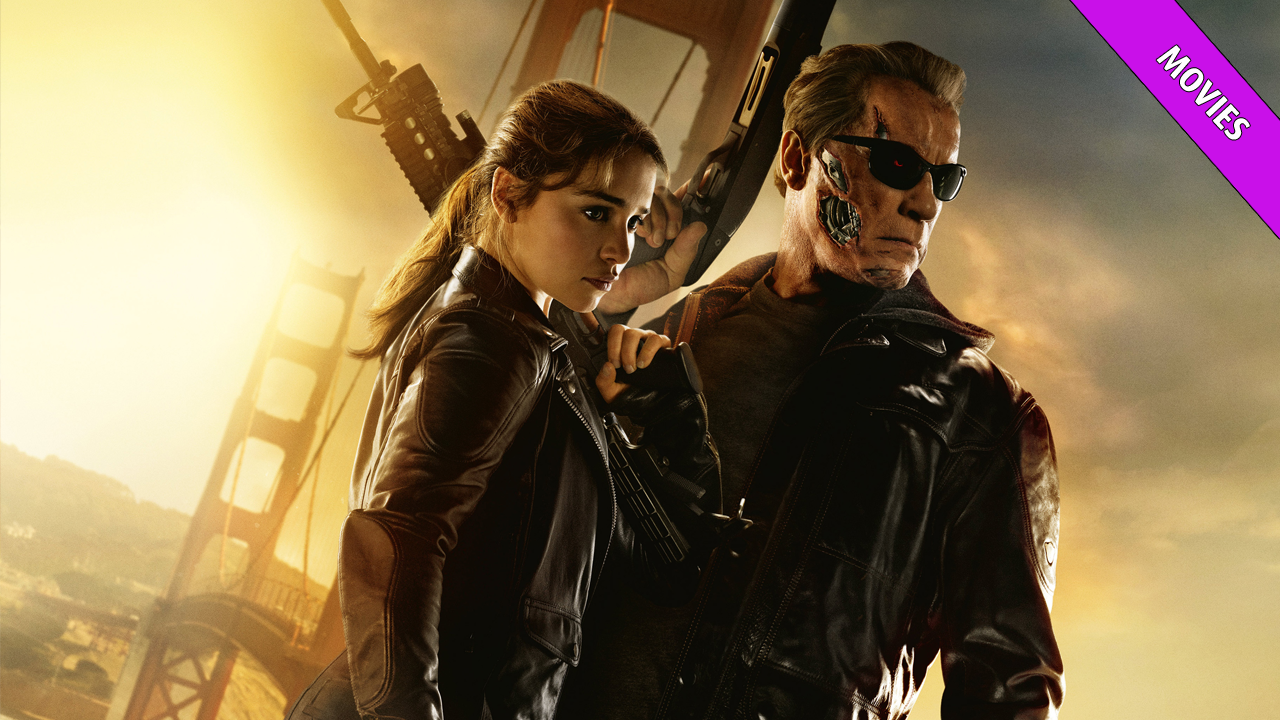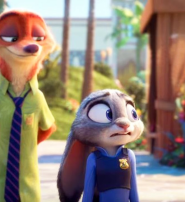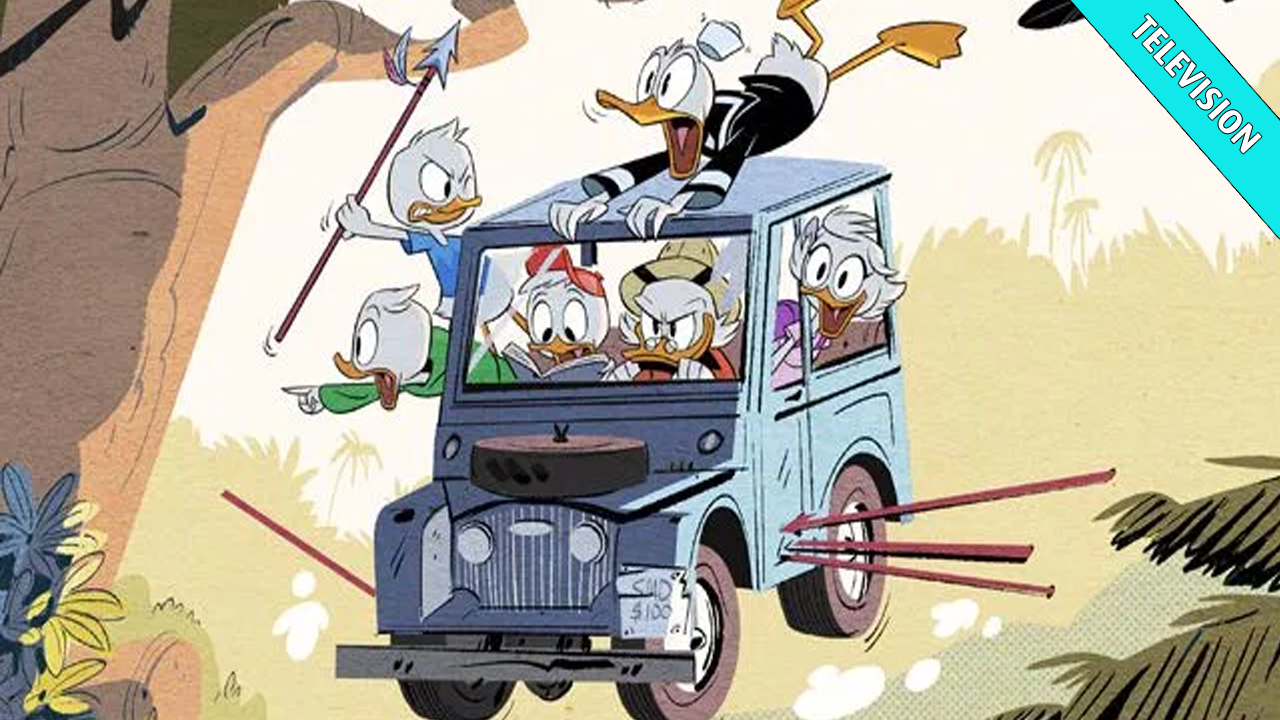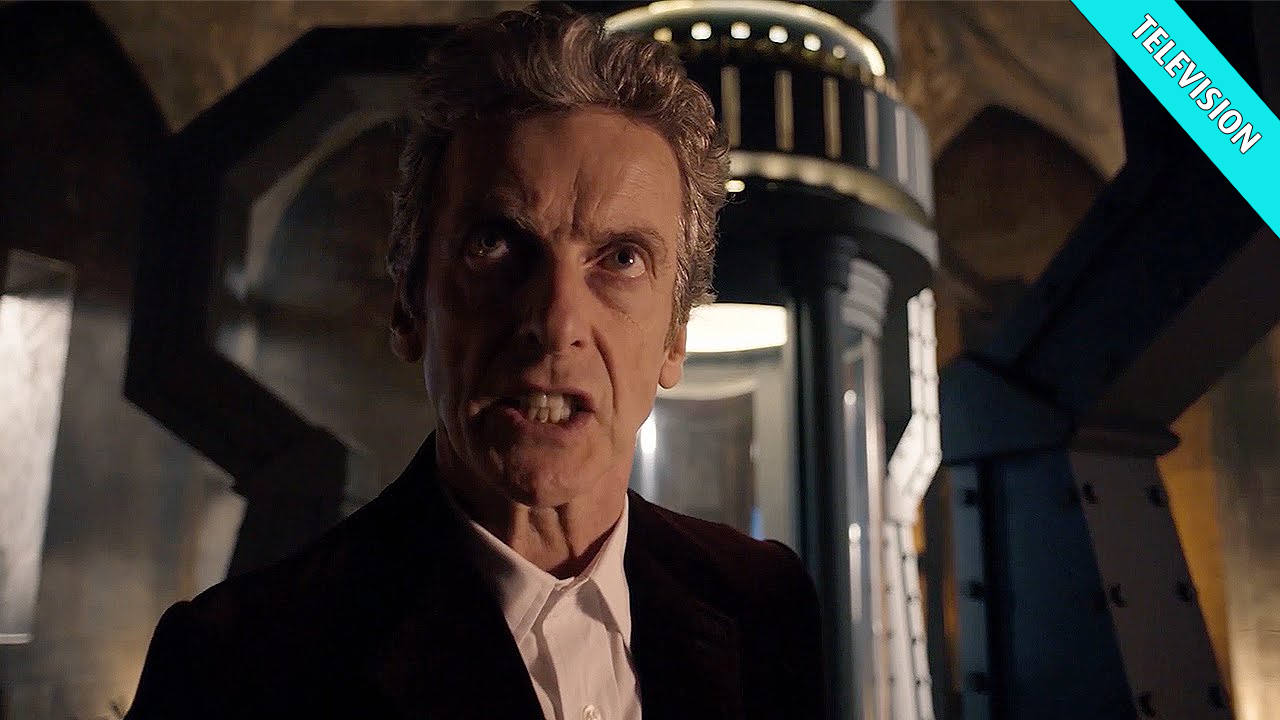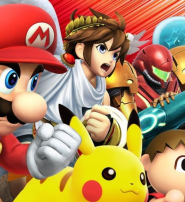Peter Pan Review (1953)
Following the success of Cinderella, it would be two years before Disney got around to releasing another full length animated flick. This was a passion project of Walt Disney’s – a film he’d spent many years trying to get off the ground and even turned resources away from other projects to ensure it got his full attention. The question is – was it worth the effort?
Wendy Darling is a child that believes in Peter Pan but faces the prospect of being forced to grow up by her grumpy father George. On the night she is to be moved from the nursery and effectively grow up – Peter Pan arrives on the scene and whisks her and the other Darling children off to Never Land. Here they embark on an adventure that see’s them embrace youth while Wendy undergoes feelings she’s never experienced before. Also Captain Hook is involved – looking to get one back on Peter Pan for all the misery he’s inflicted.
Despite the movies title this isn’t Peter Pan’s story. His conflict with Captain Hook has already largely played out and what we see is just the tail end. No this is really Wendy’s story; a story about embracing the changes that come with age and her coming to realise that her father isn’t the out-of-touch dragon she feels he is. The initial conflict comes about because Wendy’s father wants his daughter to grow up; Peter’s arrival signals an attempt for Wendy to escape this fate and remain forever a child. Yet when she gets to Never Land she finds herself opposed to everything which occurs. Her meeting with the Lost Boys see’s her become a mother figure, the mermaids see her as an adult busybody. Throughout the film she feels out of place and the story is positioned in a way that she slowly begins to learn this lesson – her arc clearly defined.
The problem is that all this is done against the backdrop of Peter Pan being romanticised. Throughout the film it becomes clear that he’s the spirit of youth – entirely unreliable and pretty much an adults worst nightmare. Yet the film never really punishes him for this; and I suspect that this is the cost of Disney pitching this film directly too kids. Worse still it directly goes against Wendy’s arc throughout the film – her frustration at the situation she find herself in gives way to outright The result is a jarring conflict of interest within the story. Wendy’s progress and growth is ejected right around the time she gets captured – believing that the boy who hasn’t been reliable up to now will come to save her flies in the face of the path she’s been on. Even at the films end, her father pretty much undoes everything he did at the start – pressing the reset button on her character growth and making the film less impactful.
There’s also the low hanging theme of sexualisation which the film puts out there but never really addresses. Wendy clearly likes Peter in a way that he can’t comprehend and this leads to a number of awkward situations; highlighted when Wendy goes in to kiss Peter and his reaction is over the top. This sends Tinkerbell into a jealous fit that leads to a pretty prolonged rivalry between the two – something that ultimately ends up hurting Peter. But this theme of jealousy plays both ways as the mermaids are overly sexualized. Giggling like teenagers and swooning after Peter as they mock and toy with Wendy – leading to her frustration when Peter doesn’t really step in to help her immediately. This is further evidenced with the Tiger Lily character; who gets attention from Peter which sends Wendy into a jealous rage. But in typical Disney fashion it’s played for laughs. The potential issues raised by this swept under the rug as the film chooses to focus on other areas and ignore the issues this raises in the story.
Where Peter Pan really succeeds is in it’s world building. Through gorgeous animation (Not as detailed as previous Disney outings but still good for the job) and use of varied locales manages to create a mythical world that many children and adults can fall in love with. The use of songs in this film is also excellent – with numerous classics punctuating the story. “You can Fly”, “A pirates life”, “Second star to the right”, “Follow the leader” through to the heartfelt “Your mother and mine”. The movies soundtrack helps to immerse the world and provides a stronger backbone for the story than in previous Disney films.
It also helps that the film has a strong cast of characters. From the overly cartoony crocodile, to the eccentric Captain Hook – everyone in this film is distinctive and fills the screen in the time they occupy it. Arguably the least impressive of these is the Indian section which has provoked controversy in recent years – but I personally don’t feel it’s that big an issue (At least not as noteworthy as some people would like you to believe). It helps slightly that the film anchors us to the Darling children – most kids can empathise with them and grants the film a way to insert the audience into proceedings. Meanwhile adults can follow Wendy’s arc – her struggles and ultimate relief at having escaped the impending threat of growing up. There’s something for everyone here – and this is all without exploring Tinkerbell – a surprisingly detailed side character who manages to invoke all ranges of emotion without uttering a single word.
The real shame of Peter Pan is that it marks something of an end of an era at Disney. By this point the company had entered into the live-action movie business and come to realise that it was more profitable for the company. With theme parks on the horizon and cartoons proving to be something of a drain on resources – they began to become more of a background activity for the company. Peter Pan marks the end of the era where Disney lived and died by it’s animated stock – and what a good ending it was. Certainly not as detailed as previous entries but managing to capture the kind of whimsy experience that would be looked back fondly on by generations to come – Peter Pan is a fine addition to Disney’s animated canon and can still be fondly enjoyed to this day.
Overview: A film that’s memorable more for the nature it creates and setting it establishes than anything else. It’s a fun children’s film that brings a lot to the table.
